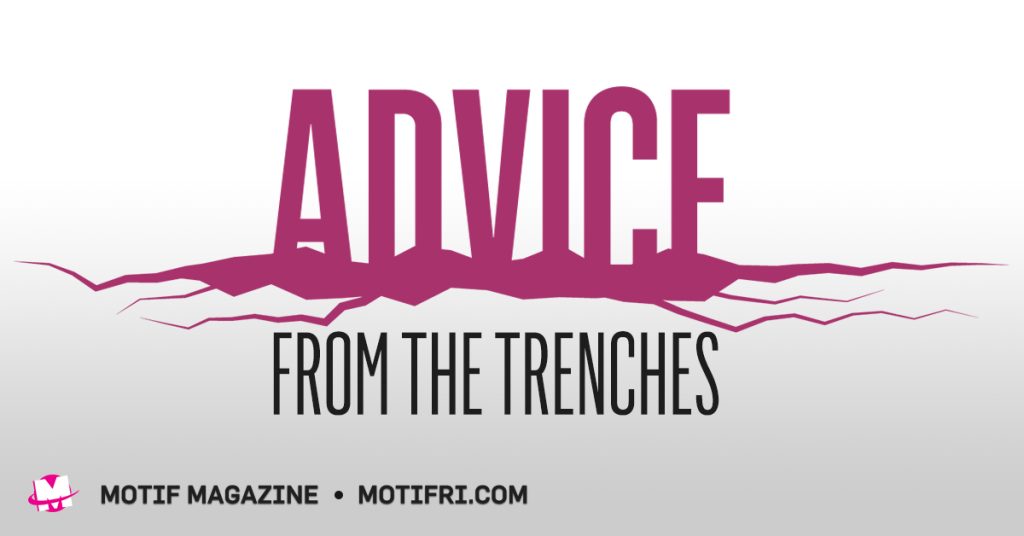
Dear C,
I recently had surgery, and oddly enough, the hardest part of recovery is that I can’t do things for myself that I normally do. I need help — and I really have a hard time asking for help. I was raised back when women were supposed to make everyone else happy, and they thought nothing of sacrificing themselves and going without so that their family could have whatever they needed.
The upside of this way of thinking is that I really am quite self-sufficient. The downside is that when I can’t be self-sufficient I haven’t really cultivated the types of friendships where I feel like I can ask for help. My job requires me to work with a lot of people, so I have many work friends and multiple social acquaintances. But when it comes to a situation like this, I don’t really have anyone I can turn to. I’d feel like I was asking a relative stranger for help.
Got any ideas how I can overcome this? I realize now that it was probably a mistake not to develop any close friends, but honestly, I haven’t had time for it for many years and I am so exposed to the public that I never felt isolated. It’s too late to develop any deeper friendships at the moment — but I am really gonna need help for at least another month and a half and if I don’t figure out how to do it, I’ll be in trouble. – Nurse Betty
C says:
I realize that you have the best of intentions and you most likely feel like you’re bugging people by asking. It probably never occurred to you that you could actually be depriving other people by not allowing them to help you.
The medical explanation for this might make you feel a little better about reaching out.
Human brains seem to be wired for kindness. When we give, the reward circuitry in our gray matter is triggered much the same as if we’d been given a bonus at work. That sense of well being you get from kindness to others comes from an increase in the output of the dopamine receptors in our brains. Endogenous opioids and serotonin give us a natural high. At the same time, there can be an increase in oxytocin levels throughout the body, bringing a sense of well being and in turn releasing nitric oxide, a chemical that expands the blood vessels and reduces blood pressure. Kindness not only warms hearts, it’s good for the heart. An added plus is that oxytocin reduces free radicals and inflammation, major culprits in both disease and aging.
So don’t think about asking for help as burdening other people — it might actually be something that benefits them too. Kindness can be even better when shared — and when two people help each other difficult recoveries can become doable.
A study at Brown University showed that recovering alcoholics who helped each other maintained a 40% sobriety rate over time, compared to a rate of only 22% for those who struggled on their own. Anyone who has managed to maintain sobriety through AA can tell you how important shared support was to their recovery.
As far as your new goal to develop deeper friendships in the future, volunteering might be a good place to meet good people. There are benefits regardless, as you continue to recover – studies have also shown that people who volunteer have better health and a lower mortality rate. All it takes is 2-4 hours a week, probably far less time than you spend browsing your devices.
Kindness improves relationships of all kinds, and people who feel considered are more likely to consider back. As a compulsive giver though, you might want to read this article from Time that covers both the pros and cons of giving: https://time.com/collection/guide-to-happiness/4070299/secret-to-happiness/
There can be a fine line between being a giver, and being a sap, a doormat, or a chronic martyr.
I hope you feel better soon.